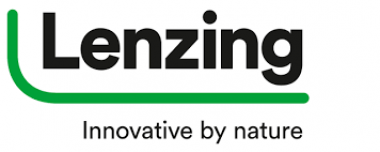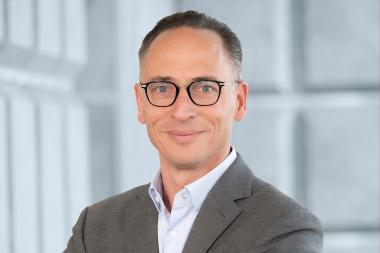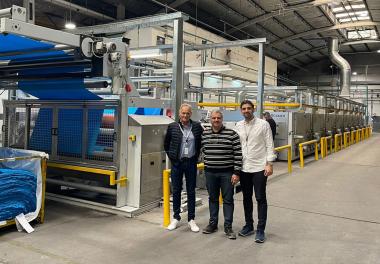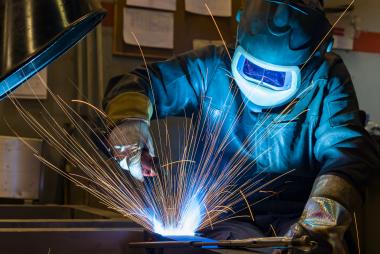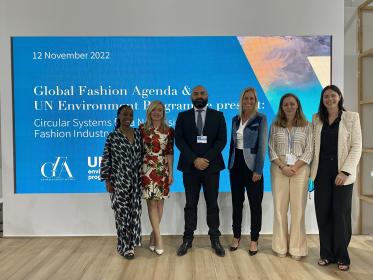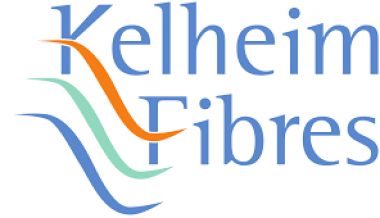Damteks and Haelixa collaborate: Tracing recycled acrylic fiber
Haelixa, the Swiss traceability company and Damteks Textiles have announced a collaboration to mark and trace recycled acrylic fiber. Damteks is offering their recycled yarn to customers whereby they are able to place an order with the unique Haelixa DNA already attached.
The Haelixa solution is DNA markers which are solved in liquid and applied to fibers as a fine spray. Spot checks are completed after spraying to determine the presence of DNA and identify the product. The test is based on PCR technology that is 100% reliable and has forensic validity.
Damteks saw an increase in demand for blended yarn in the last year. The request is most often a composition of 30% recycled fiber with 70% standard fiber. Brands are looking for options to be more sustainable and Damteks proactively sought out an answer. They are offering the yarn with Haelixa DNA to validate the recycled acrylic in the mix.
The haelixa team visited the Damteks recycling facility in Istanbul to kick off the partnership that will continue throughout 2023. The traceability program has the DNA sprayed on the recycled fibers before spinning. The project also saw the use of a tailored Haelixa liquid sprayer designed by the team based in Switzerland. When manufacturers do not have built-in moisturizing systems, Haelixa provides them with a custom unit to shower the DNA liquid onto the fibers. This sprayer is engineered to match the mechanical processing of the customer.
Damteks is a family-owned business that pride itself in carefully selecting environmentally responsible options for its production processes. On top of the certifications they have obtained including - GRS, RCS, GOTS, OCS - Damteks decided to have their products "Marked and Traced by Haelixa" to add additional credibility and reliability. Damteks plans to offer marked and traced by Haelixa yarn in different dyes as their offering to brands.
Haelixa














